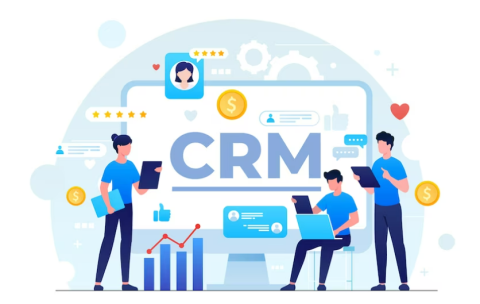Week 1-2: Introduction to Marketing
Fundamental concepts of marketing
Evolution of marketing theories and practices
The role of marketing in business and society
Week 3-4: Consumer Behavior and Market Research
Understanding consumer decision-making processes
Techniques for conducting market research
Analyzing and interpreting consumer data
Week 5-6: Marketing Strategy and Planning
Developing marketing strategies and plans
Market segmentation, targeting, and positioning
Competitive analysis and strategic marketing decisions
Week 7-8: Product and Brand Management
Product development and life cycle management
Building and managing brand equity
Strategies for product differentiation and positioning
Week 9-10: Digital Marketing and Social Media
Digital marketing channels and strategies
Leveraging social media for marketing
Measuring and analyzing digital marketing effectiveness
Week 11-12: Integrated Marketing Communications
Principles of integrated marketing communications
Advertising, public relations, and sales promotion strategies
Developing effective communication and media plans
Week 13-14: Global Marketing
Challenges and opportunities in global marketing
Cultural, legal, and ethical considerations in international markets
Global marketing strategies and practices
Week 15: Course Review and Final Assessment
Course Materials and Assessment:
Study Materials: Detailed lecture notes, case studies, video lectures, and recommended readings.
Quizzes/Case Studies: Regular quizzes and real-world case studies for practical application of marketing concepts.
MCQs: Multiple choice questions covering key marketing theories and practices.
Simulations: Marketing simulations to provide hands-on experience in crafting and executing marketing strategies.
Final Project: Development and presentation of a comprehensive marketing plan for a real or hypothetical company.











